A Ukrainian drone attack on a Russian-held part of Ukraine’s southern Kherson region has killed at least 20 people, a Moscow-installed governor and Russian authorities have said.
“Three UAVs struck a cafe and hotel on the Black Sea coast in…
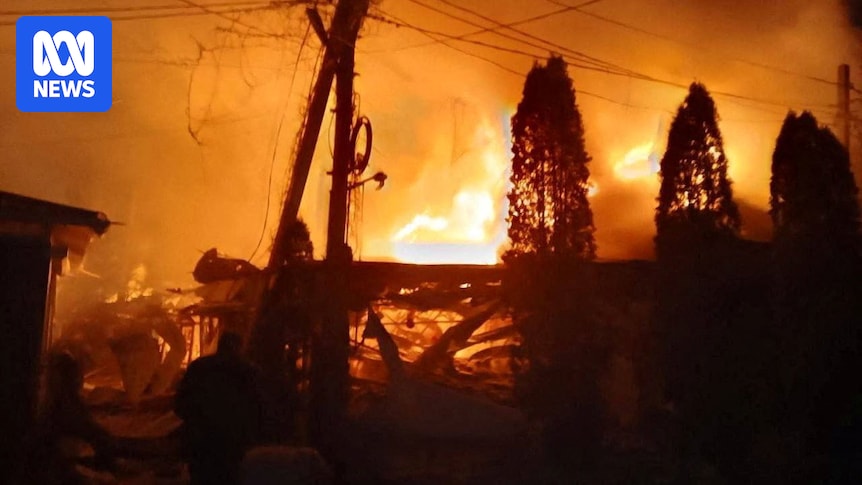
A Ukrainian drone attack on a Russian-held part of Ukraine’s southern Kherson region has killed at least 20 people, a Moscow-installed governor and Russian authorities have said.
“Three UAVs struck a cafe and hotel on the Black Sea coast in…
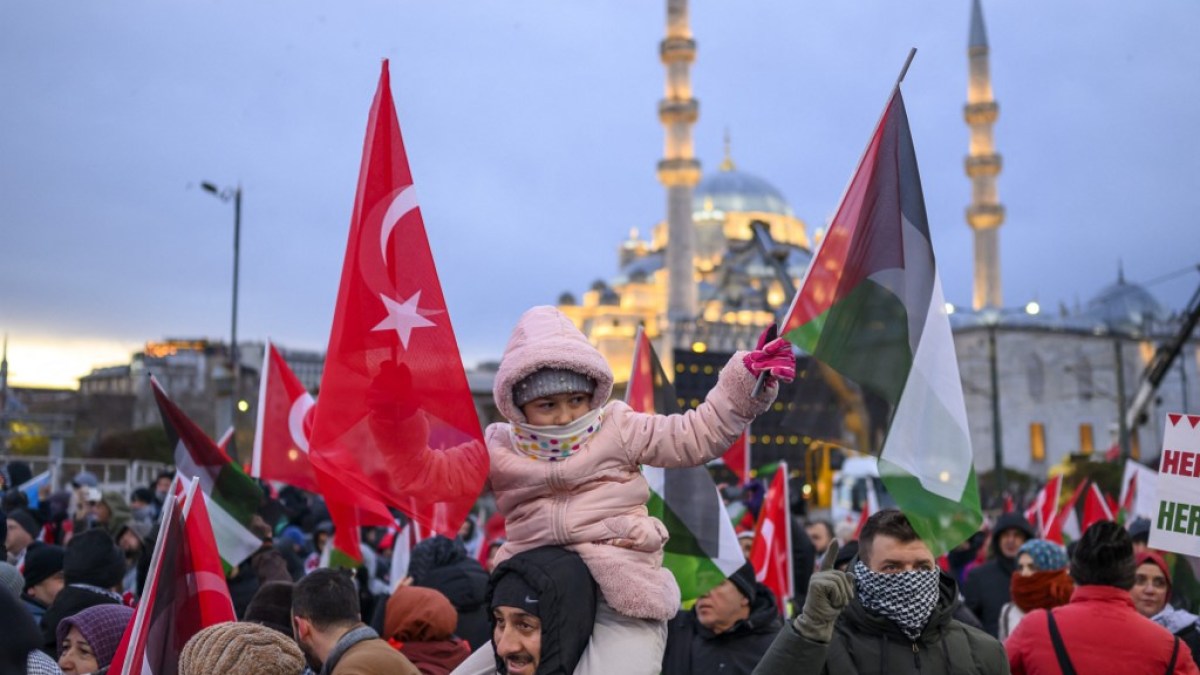
Demonstrators in Turkiye demand global pressure on Israel, calling the so-called ceasefire ‘a slow-motion genocide’ against Palestinians.
Hundreds of thousands of people are marching through Istanbul in a sweeping show of solidarity with…
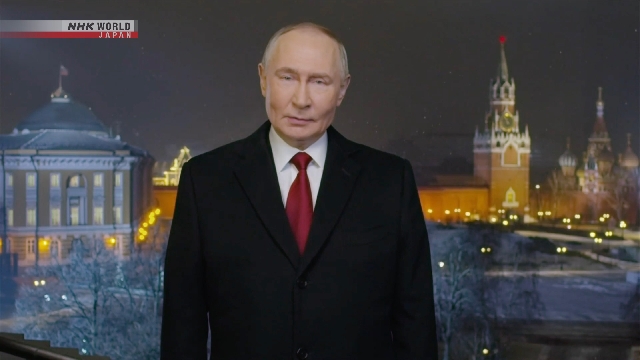
Russian President Vladimir Putin used his New Year’s address to rally the public behind his country’s invasion of Ukraine.
In his annual televised…

Staff at Norway’s largest women’s health organisation have seen a rise in the number of women reporting abuse and sexual assault at the hands of their partners ahead of the rape trial of a member of the royal family, saying they hope the case…
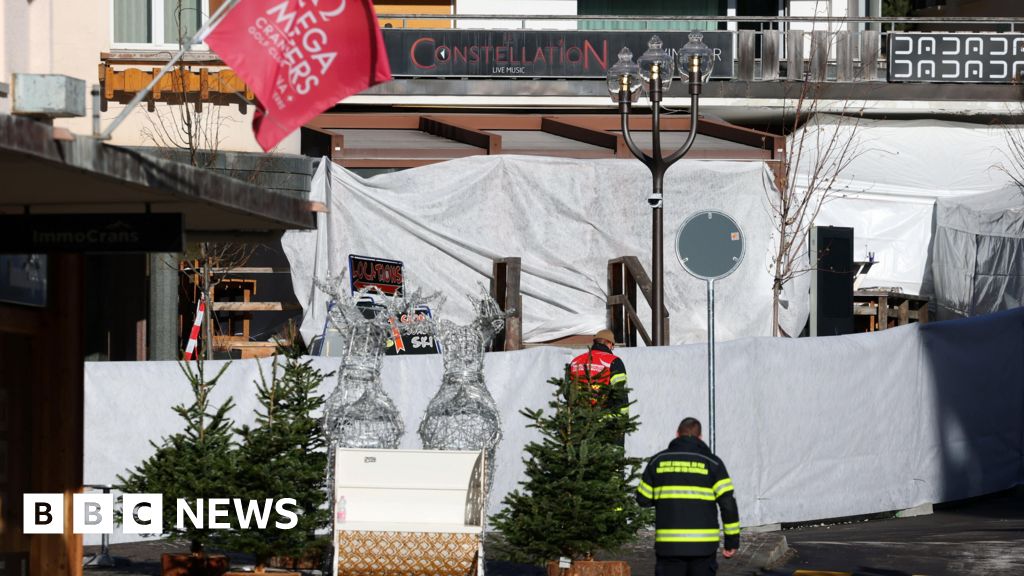
Several dozen people are presumed to have died and more than 100 injured following a fire in a ski resort in southern Switzerland, officials have said.
Police said several nationalities…
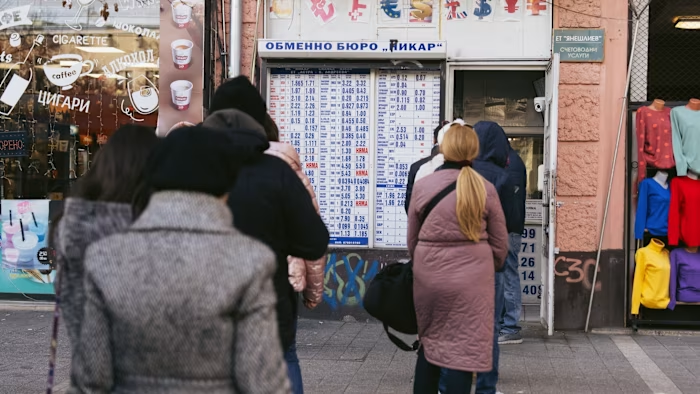
Unlock the Editor’s Digest for free
Roula Khalaf, Editor of the FT, selects her favourite stories in this weekly newsletter.
Bulgaria became the 21st member of the Eurozone on Thursday, completing a long-sought step in its European integration…
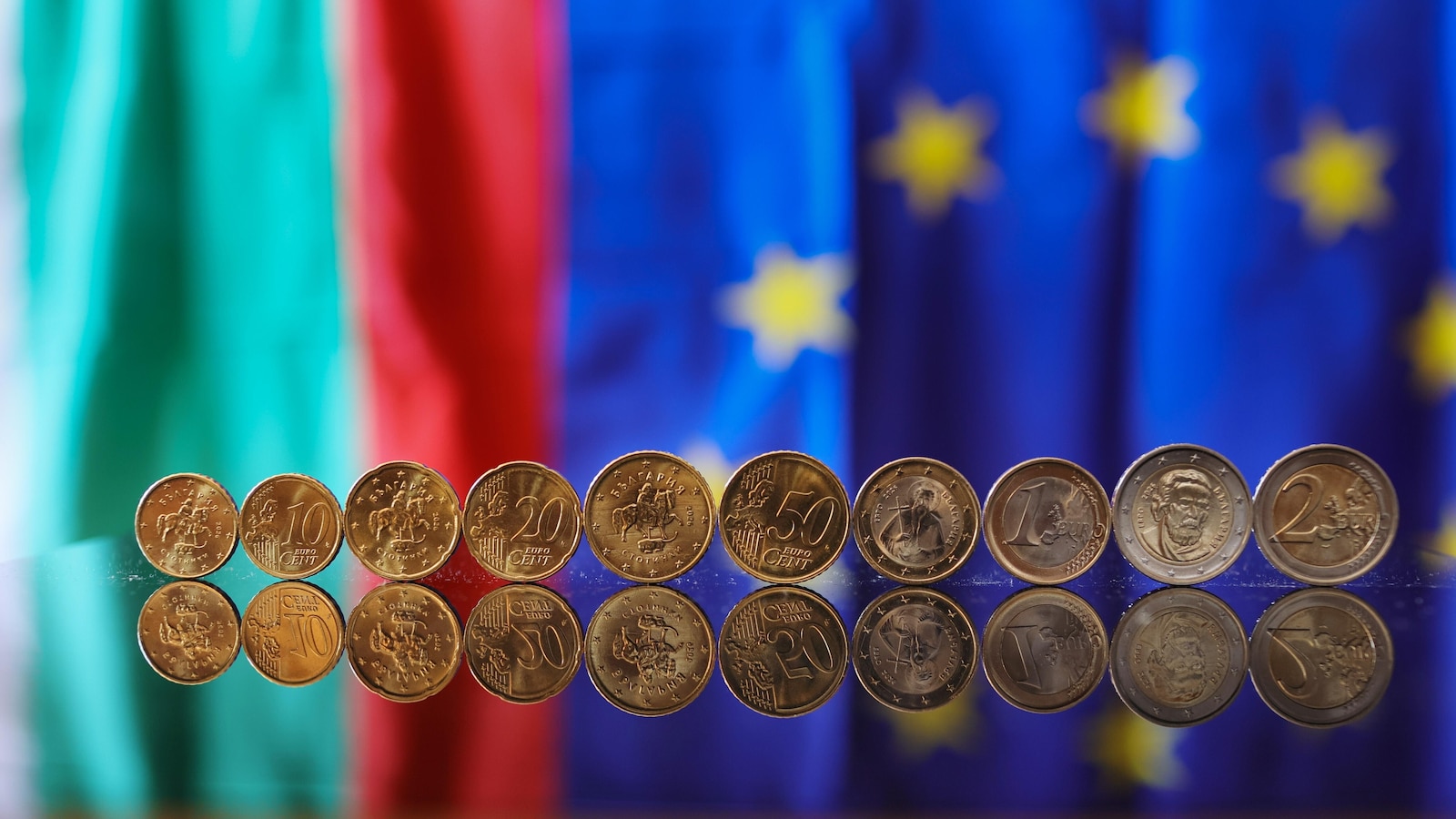
On New Year’s Day, Bulgaria will achieve its decades-old goal of joining the euro currency union and deepening ties with the more prosperous countries of Western Europe.
Membership is expected to promote cross-border trade and investment, and the…
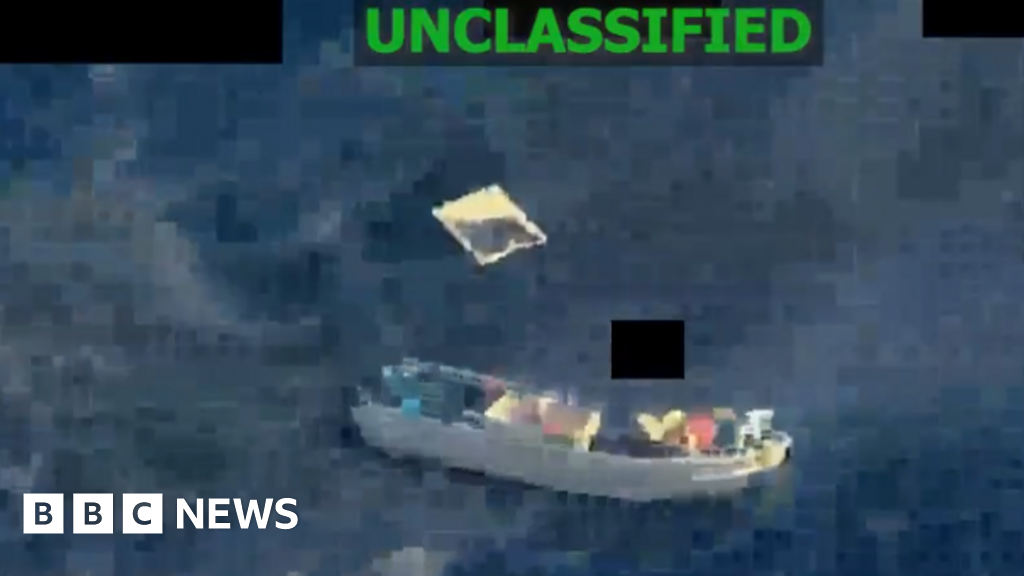
The US military says it struck two boats it alleges were carrying drugs on Wednesday, killing five people on board.
US Southern Command did not say where it had carried out the latest strikes but US forces have been targeting vessels they suspect…